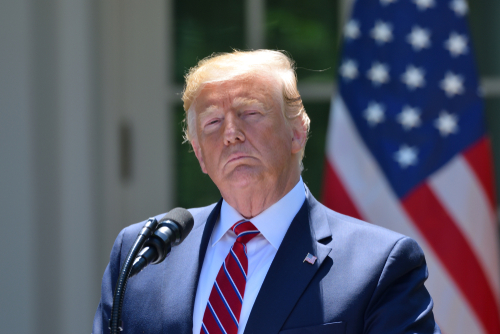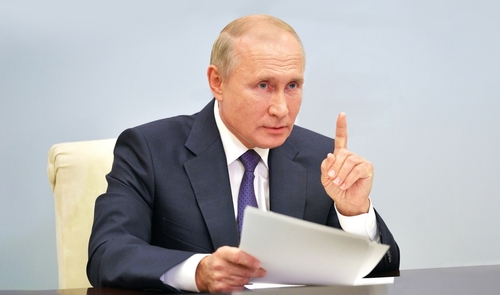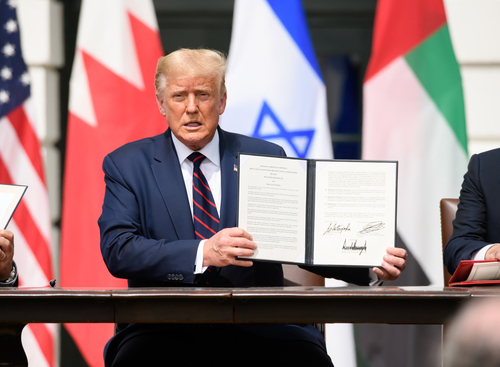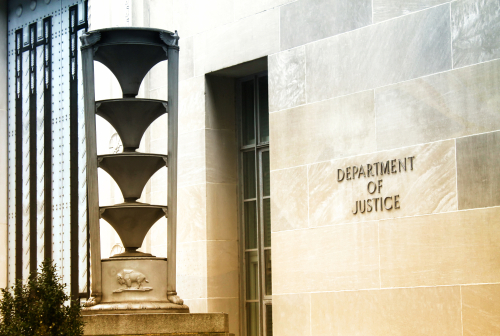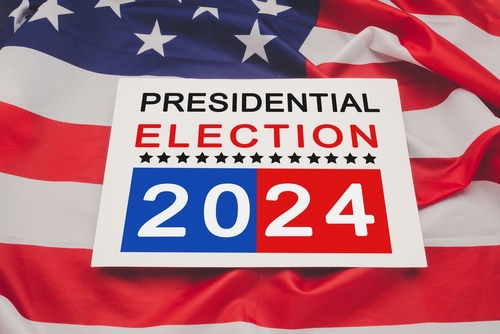Listen To Story Above
As Iran grapples with unprecedented internal turmoil, experts suggest the Islamic regime may face collapse before the next inauguration day. The nation confronts a perfect storm of domestic upheaval, with citizens protesting in record numbers against economic hardships and restrictive government policies.
The collapse of the Assad regime marks a significant setback for Iran’s “Axis of Resistance,” a central pillar of its security strategy. This development not only diminishes Iran’s influence in Syria but also disrupts its regional network of allied groups. the current… pic.twitter.com/Wvs97i4LAv
— Lulu (@upuouo) December 8, 2024
The Iranian government finds itself increasingly isolated on the international stage, bearing the weight of stringent sanctions from the United States and its allies. This external pressure compounds the regime’s internal struggles, creating a precarious situation for its survival.
The regime’s regional influence has also diminished considerably. Traditional allies like Syria and Hezbollah are preoccupied with their own domestic challenges, leaving Iran without its usual support network during this critical period. This weakening of strategic partnerships has left the Islamic Republic more susceptible to both internal opposition and external pressures.
"The collapse of the Syrian regime is a direct outcome of the severe blows that we have dealt on Hamas, Hezbollah and Iran."
Israeli PM Benjamin Netanyahu claims that the IDF's actions in the Middle East contributed to the downfall of Assad.https://t.co/PAiZ4D1jU3
📺 Sky 501 pic.twitter.com/qipGy4cSpn
— Sky News (@SkyNews) December 9, 2024
Political analysts indicate that the mounting pressures on Iran’s governmental structure may soon reach a breaking point. The combination of widespread civilian unrest, international isolation, and eroding regional alliances suggests potential regime change or major governmental restructuring before inauguration day.
These developments could reshape Middle Eastern dynamics, with far-reaching consequences for regional stability and international relations. The situation continues to evolve, with potential implications that could fundamentally alter the geopolitical landscape of the entire region.

